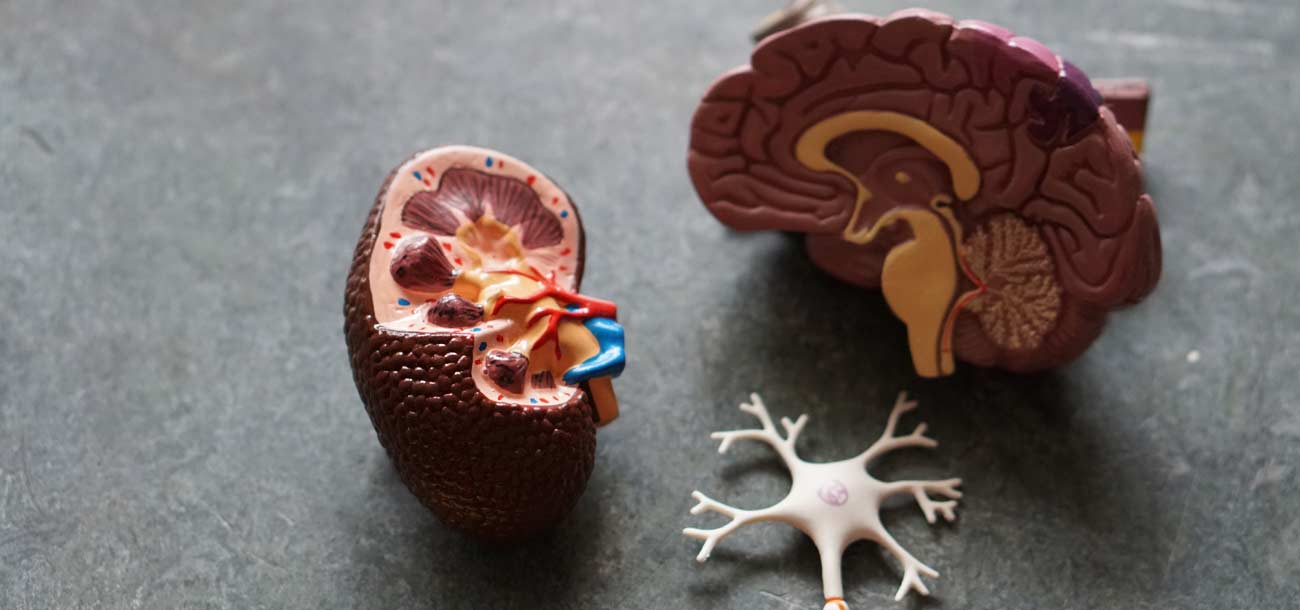Blogs
Polygenic risk score (PRS): The benefit of being aware of your heart health

Everyone wants to live a happy life. We associate happiness with several factors among which the most important factor is good health. People invest good amount of time to eat right, stay active, keep stress at bay, to keep their body fit, all of these directly or indirectly contributing to good health and eventually happy life. However, life is unpredictable. Mankind is plagued with diseases that have the capability to turn one’s life upside down in a wink of an eye. One of the key motivations behind the never-ending advancements and innovations in the field of medical science is the quest to find answers to the otherwise puzzling unpredictability of health conditions.
Genetic basis of common diseases
Human DNA carries thousands of variations. Most of these may not have any direct impact on health. Some of these variations can cause certain birth defects and rare genetic disorders. Diseases that are caused by changes in a specific gene are called monogenic. However, in common diseases like cardiovascular diseases and cancers, variations in one or more genes can confer susceptibility to the disease. These are polygenic in nature. Environmental risk factors can trigger one or more events that result in manifestation of these diseases.
While identification of genetic cause of rare diseases have been relatively straightforward, determination of the same for common diseases has been a challenge due to the involvement of several genes and other factors.
Polygenic risk score (PRS)
The advent of next generation sequencing technology has made whole genome screening possible and presents with opportunity to explore the cumulative effect of these genetic variation on disease manifestation. MedGenome conducted a first-ever study on Indian population that validates a novel concept called polygenic risk score (PRS). It is generated using an algorithm that integrates 6 million sites from the human genome and can precisely predict the risk of developing a coronary artery disease/myocardial infarction (MI) heart disease using a person’s genetic make-up.
Relevance to cardiovascular diseases (CVD)
CVD is the leading cause of death worldwide, with India contributing to CVD deaths in younger age group. Sudden deaths in the working age group population not only affects the individual’s family but also impacts the economic development of the nation. Manifestation is brought about by a number of risk factors such as age, unhealthy lifestyle, stress and sleeping habits. However, studies have established that Indians are genetically at three times higher risk for heart attacks compared to Europeans. We conducted a multicentric study on CAD in south Asian populations, which revealed that polygenic scores can help identifying individuals with profound risk for CAD at an early stage and facilitate appropriate lifestyle changes and interventional treatment.
CAD PRS genetic test
Clinical parameters such as cholesterol, hypertension, smoking status, obesity and lipid profile are of paramount importance in assessing the cardiac health of an individual. In addition, PRS test for CAD is a significant step towards application of genomics in medicine and recognition of inherited risk as a relevant public health parameter, since they help identify high polygenic score individuals. It can help to identify the need for interventions in multiple categories of the population - asymptomatic individuals with underlying pathogenic gene variants, those with symptoms or family history with appropriate interventional strategies, as well as the curious and the concerned. Hence PRS combined with diagnostic tests for traditional clinical parameters would be helpful in identification of high risk individuals.
Concerns, considerations and counselling
A predictive genetic testing has several benefits. However, knowledge of possibility of a health condition in the future could cause anxiety and fear. Recently, in a group of breast cancer patients and family who were previously tested for known mutations that cause breast cancer, 192 out of 400 people declined to participate in a PRS study, for reasons unknown. Out of 208 patients who participated in the study 43 participants refused to receive the test result. However, a follow up survey revealed that those who received their reports reported minimal psychological distress. Interestingly, those who refused to receive report showed a significant decisional regret.
This study brings forth several aspects of emotional considerations pertaining to genetic testing. While it is true that report that reveals high risk for a disease can impact the individual emotionally, it also provides an opportunity to become aware of risk of developing a preventable disease and live a healthy life for a longer duration with appropriate clinical and lifestyle interventions.
From our personal experience at MedGenome, with an asymptomatic patient in his late 20s who suffered a heart attack, with the help of PRS we could provide risk assessment for heart disease for several members in his family.
Genetic counsellors can help individuals interested to get a PRS test done to understand the importance test and interpretation of the test result.
Prevention is the most feasible approaches to lessen the burden of polygenic diseases on a population. Isn’t it better to be aware than to be oblivious? Ignorance is not bliss always, after all.
Reach out to us at: www.genessense.com | youfirst@genessense.com | 1800 296 9696
Recent Blogs












